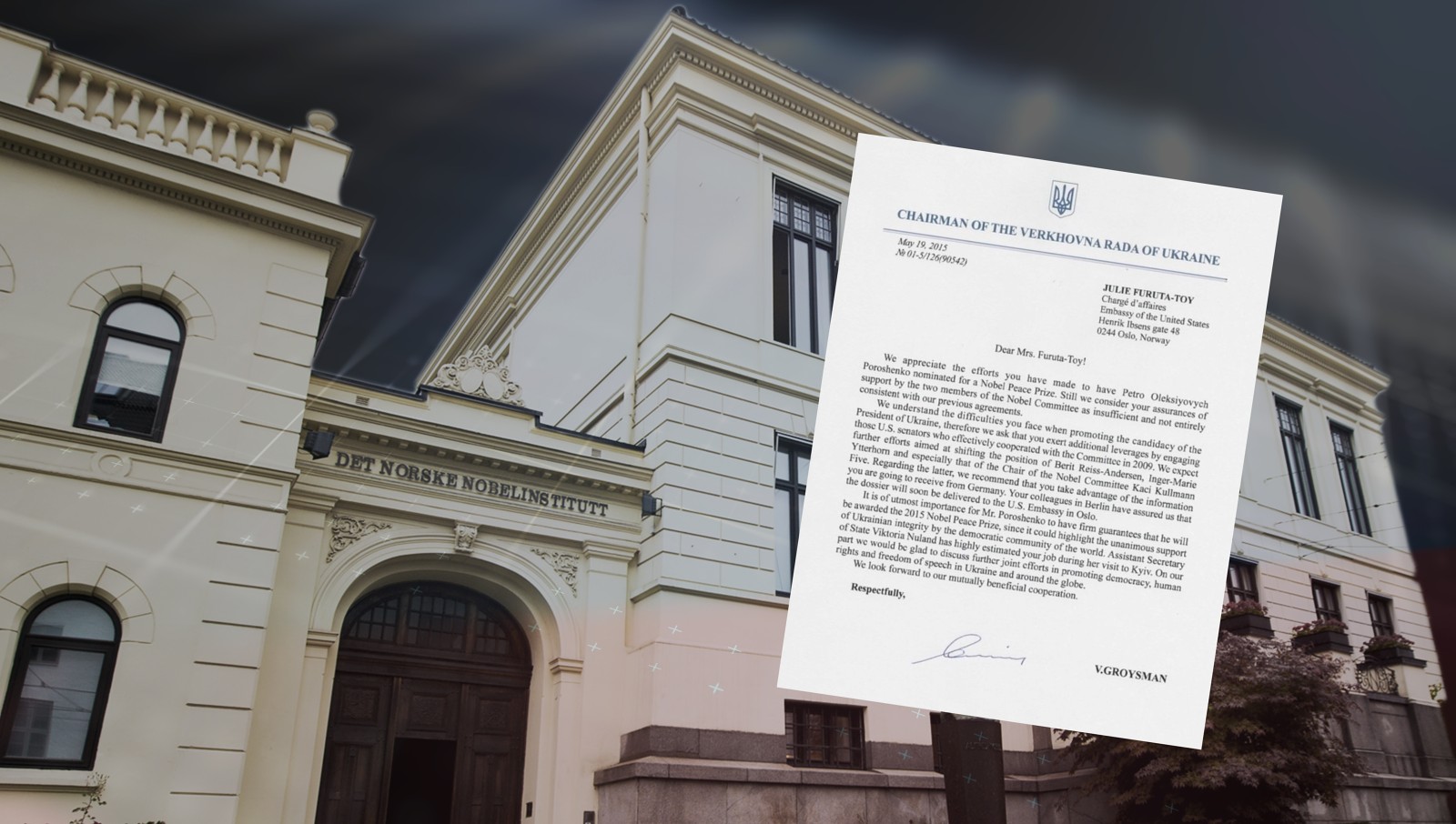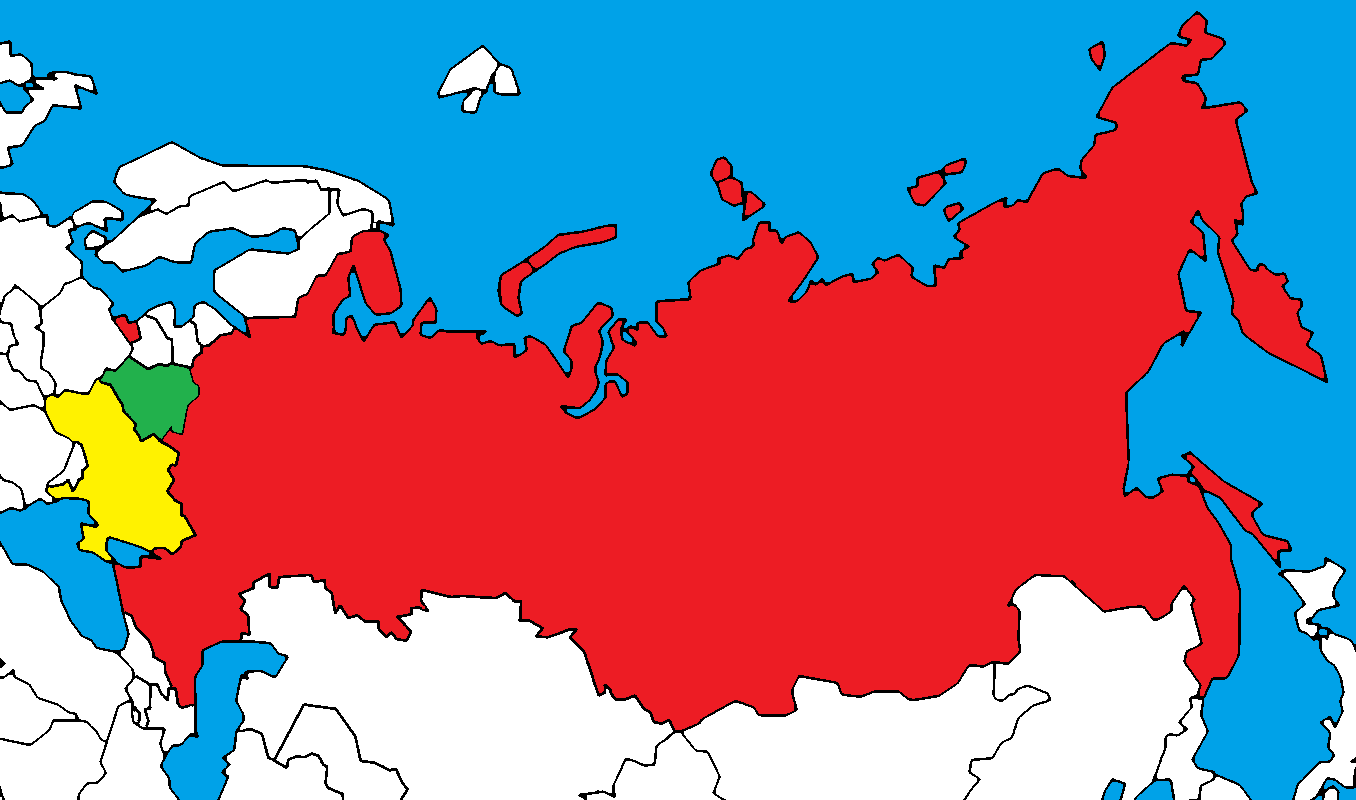Despite Belarus President Alyaksandr Lukashenka’s tilt away from Moscow and even his own use of his country’s national language on occasion, the situation of the Belarusian language is dire and is likely going to deteriorate further because of the failure of Mensk to live up to its own laws, according to the Frantsishak Skaryna Belarusian Language Society.
The Belarusian-language newspaper “Novy chas
” reports that the organization has concluded that the national language, despite that country’s constitutional requirements, is being driven out not simply because of the greater availability of Russian-language materials but also because of state policies (available in Russian).
Of particular concern, the language society says, is the fact that at the present time ever fewer students are studying in Belarusian-language schools. In the 2013/2014 academic year, only 15.5 percent of all students were in such schools, and in the republic capital for that year, only 2.1 percent, a pattern it described as “impermissible.”
The number of Belarusian-language schools continues to fall
, the society said, and no new ones are being opened. Moreover, in some of the country’s higher educational institutions, the only subject taught in Belarusian is Belarusian language, a situation which it shares with all foreign languages except Russian and which has been made worse by a two-thirds cutback in the number of hours those enrolled in such courses attend.
The Belarusian government itself says that only ten percent of all books published in Belarus are issued in the national language, and it acknowledges that the regime ignores the constitutional requirement that all laws and decrees be issued in Belarusian regardless of whether they are issued in other languages first.
Last year, the Belarusian council of ministers adopted 1297 decrees, but only 170 (some 13 percent) were ever issued in Belarusian. Also during that year, the country’s House of Representatives adopted only two laws which were made available in Belarusian, and the National Bank issued only nine in the national language.
The government makes the situation worse, the language society says, by the fact that it allows the two main newspapers in Mensk, “Minsky kuryer” and “Vecherny Minsk,” to come out only in Russian and by failing to open a Belarusian television channel, arrangements that directly contradict the existing constitution and the 2005 referendum.
In short, the situation with regard to the national language in Belarus is more like the situation of the national languages of the non-Russian republics within the Russian Federation than it is with that in the other countries which emerged following the collapse of the Soviet Union a generation ago.





